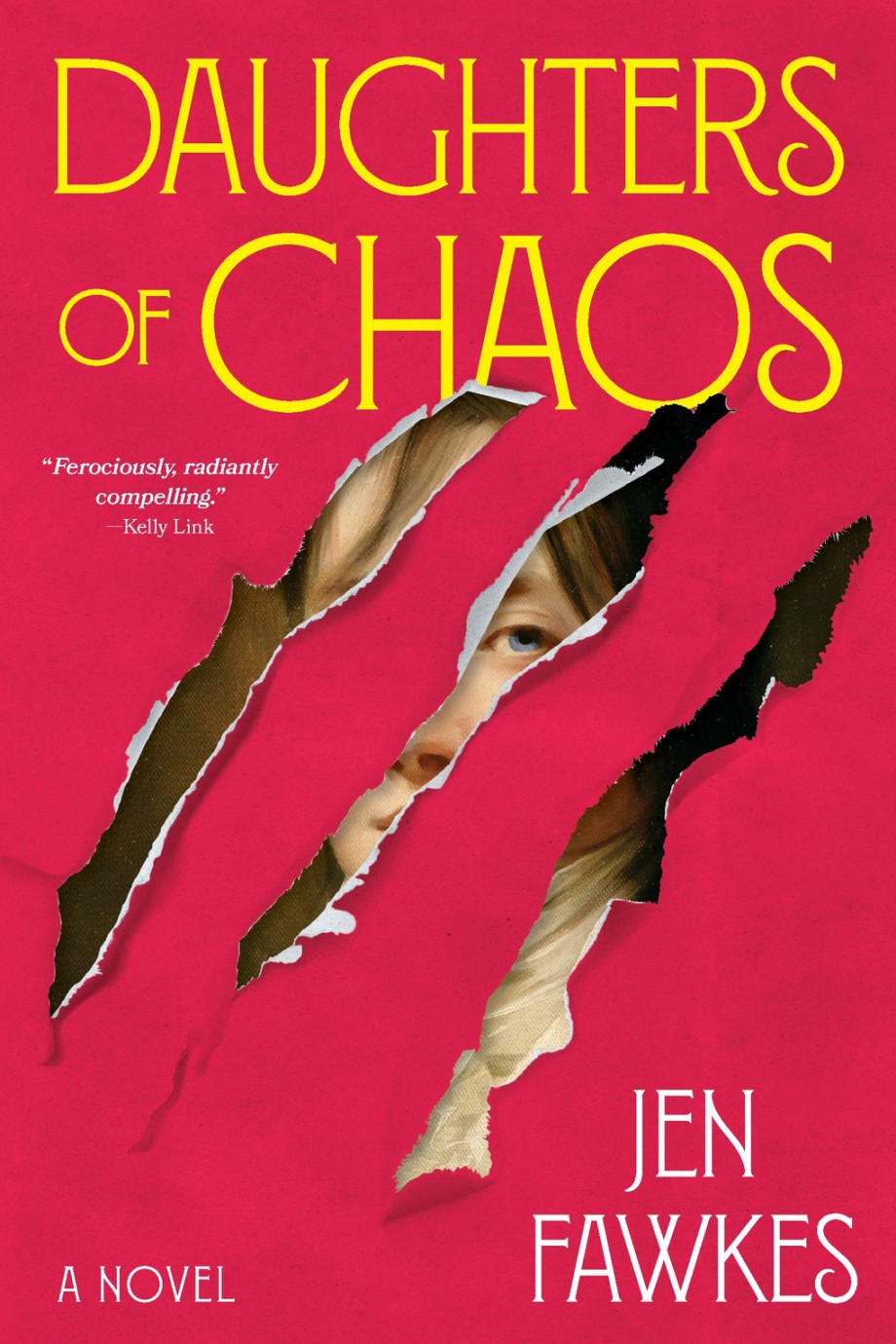“DAUGHTERS OF CHAOS” by Jen Fawkes (Harry N. Abrams, 288 pages, $27).
Perhaps all novelists have experienced the thrill of coming across a piece of history or a passing mention of a strange event and suddenly knowing: From that moment, a story is born. Such is the case with Jen Fawkes and her latest work, Daughters of Chaos, which centers on Civil War-era Nashville and the decision to protect Union soldiers from syphilis by removing all “public women” – prostitutes – from the city by riverboat. In truth, that moment in 1863 is only part of the magical and mysterious tale Fawkes spins here, a story that deals with questions of identity, sexuality and power, all centered on one most remarkable woman, Sylvie.
When twins Silas and Sylvie are born, their mother Brigitte dies in childbirth and the two are left to be raised by their father and older sister Marina. Years later, when Sylvie gives birth to her own twins (named after her grandmother and aunt), she too holds them briefly before saying goodbye, but this time the mother survives and sends her daughters for adoption to a nearby couple who own a farm and carry nothing of Sylvie’s past with them.
Sylvie must tell her past, of the years she spent in Nashville during the war, and “Daughters of Chaos” is written as a letter to young Brigitte and Marina, although she admits, “Maybe I’ll give it to the girls. Maybe not, but I intend to write the damn thing down.” This summary alone could arouse curiosity, and there would be plenty of material for the pages: love and loss, grief and war, turmoil and joy. This is the stuff of every life, and they are present in Sylvie’s story too.
But Daughters of Chaos is not content to tell just one human story. Jen Fawkes has assembled a collection of stories, a chorus of women’s stories, including a lost play by Aristophanes, an ancient cult of women who can change their shape at will, and of course the stories of these public women. It is a complex story that manages an impressive balancing act, leaving readers suspended between the real and the unreal with remarkable continuity in this highly feminist novel.
To properly tell her story, Sylvie gathers what she calls an “archive of evidence,” including “newspaper clippings, correspondence, a child’s charcoal and pastel drawings. An antique play script that rightly belongs in the Smithsonian. A red cloth-bound book about the Venetian poet Gaia Valentino, published in 1828. Volumes 3, 6, 8, 9, 11, 14, and 21 of the Encyclopaedia Brittanica (eighth edition).” These elements lend Fawkes’ elaborate story an air of researched authenticity, and for readers trained to suspend their skepticism, the novel is perfect, drawing them in and transporting them into a fully fleshed-out world, full of fantastical details and the essential layers of the story.
Despite the many storylines, Daughters of Chaos maintains a compelling thread, emphasizing the unmatched strength of femininity and the power that lies in the willingness to change. In one of the excerpts from Valentino’s life we read:
“To be a woman,” Francesca said, as she taught her changeling how to disguise herself—how to dress and braid her hair, how to perfume and adorn her body—”means to change. From girl to maid, from bride to mother, from matron to crone. This changeability is considered a flaw by the males of this species, so we were banished to the shadows.
“But woman is the universe. We are the cosmos. We are the landscape. We are the forest, the bear, the mountain, the beehive, the sea. And it is our ability to change, to adapt, to wear a range of faces, that gives us our strength and allows us – despite the shackles imposed on us by society – not only to survive but to prevail.”
And the women prevail in Daughters of Chaos, albeit in ways that may surprise or even disappoint readers who expected a certain triumph. Still, it’s a story full of wisdom and strength, even as it focuses on insecurities.
In her author’s note, Fawkes describes her moment of inspiration and the intense research and writing that followed. She argues, “Who better to sift through the existing record – the stories selected and arranged by the powerful – and breathe life into these lost circumstances than a novelist?” Fawkes clearly understands the power of a good story and the imaginative hope that lives in every person’s life, an idea that is vividly brought to life in Daughters of Chaos.
Note: Jen Fawkes will appear at the 2024 Southern Festival of Books in Nashville on October 26 and 27.
For more local book reviews, visit Chapter16.org, an online publication of Humanities Tennessee.
 Harry N. Abrams / “Daughters of Chaos”
Harry N. Abrams / “Daughters of Chaos”
